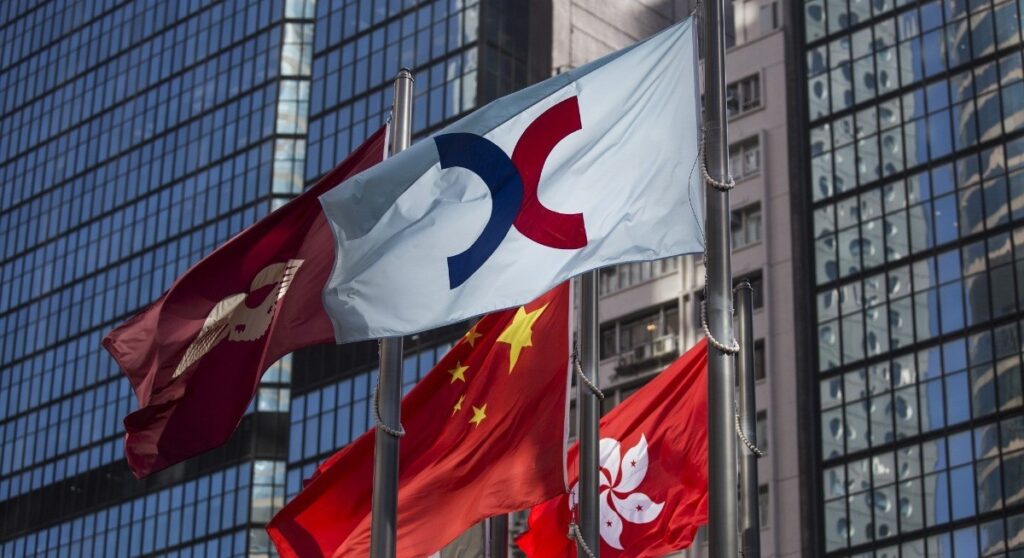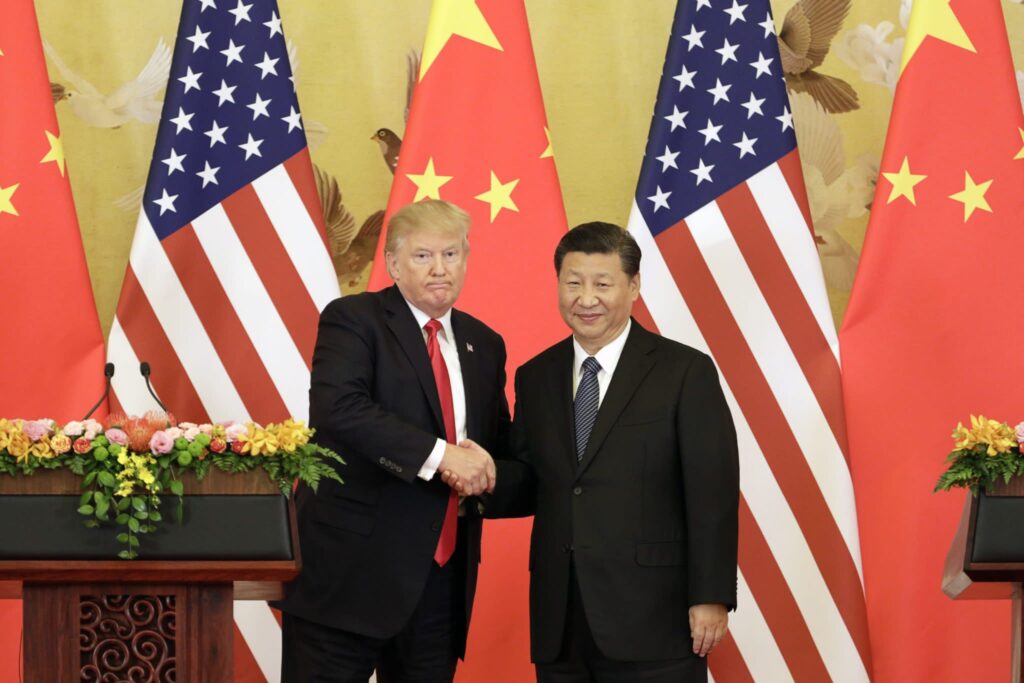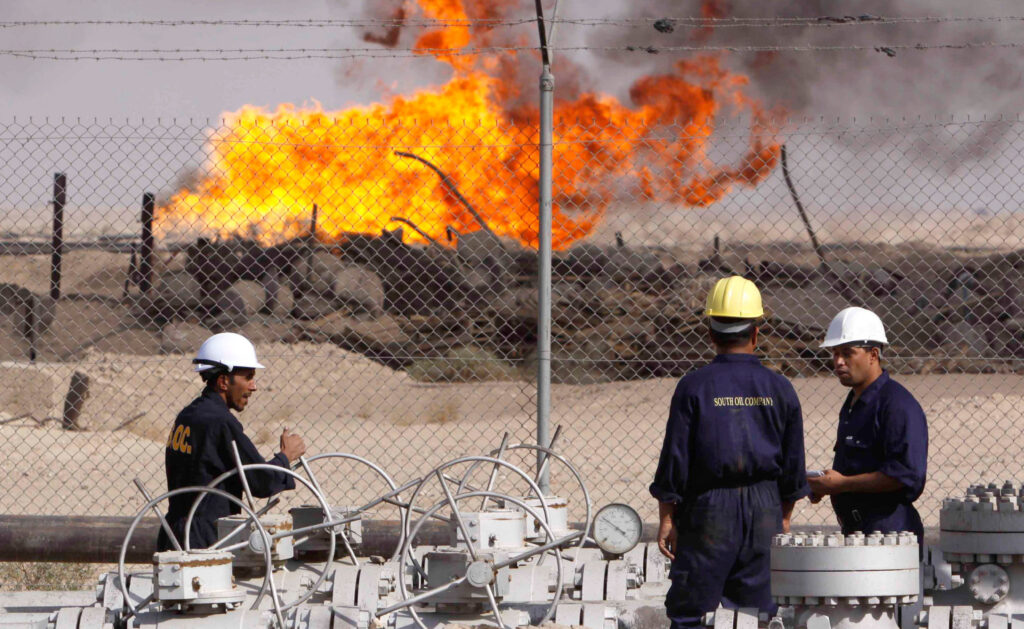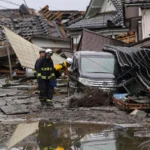China’s Property Crisis Hit Hong Kong

China’s property crisis, which has been ongoing since 2020, has significantly impacted Hong Kong, exacerbating the region’s economic and social challenges. The crisis has led to a series of distressing developments for Hong Kong’s property market, which was already struggling with high vacancy rates and declining rental prices.
One of the most notable impacts is the financial distress experienced by iconic Hong Kong developers. For instance, New World Development, a major player in the Hong Kong property market, has faced severe challenges. The company’s decision to defer some dollar perpetual bond interest payments has sent shockwaves through the global credit market, raising concerns about the broader health of the region’s real estate sector. This move has reignited fears about the longevity of the property crisis, which has been dragging on for several years.
The Hong Kong High Court has also played a role in addressing the crisis by ordering the liquidation of key offshore financing units of major Chinese developers. For example, Tianji Holding, an offshore subsidiary of China Evergrande Group, was ordered to be wound up to protect creditors. This legal action highlights the severe financial troubles facing Chinese property developers and the ripple effects on Hong Kong’s financial system.
Furthermore, the crisis has led to a significant decline in property values and an increase in unsold homes. Home prices in Hong Kong have fallen by over a quarter since late 2021, reaching their lowest level in eight years. This decline has been accompanied by a 25-year high in office vacancy rates and a 40% drop in rental prices from their peak in 2019. These figures underscore the structural nature of the crisis, suggesting that a recovery may be challenging without substantial intervention.
The impact of the property crisis extends beyond economic metrics. It has also raised questions about Hong Kong’s future and its role within China’s broader economic strategy. The region’s property slump is seen as part of a larger geopolitical shift, where Hong Kong’s autonomy and economic policies are increasingly aligned with mainland China’s interests. This alignment has led to concerns about the long-term viability of Hong Kong’s property market, as it becomes more integrated with the mainland’s economic policies and challenges.
In conclusion, China’s property crisis has had a profound impact on Hong Kong, affecting everything from developer finances to property values and rental markets. The region’s struggle to recover from this crisis reflects the broader challenges facing China’s real estate sector and highlights the complex interplay between economic, political, and social factors in Hong Kong’s development.




















